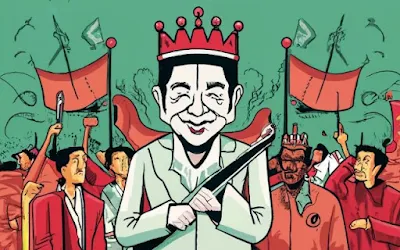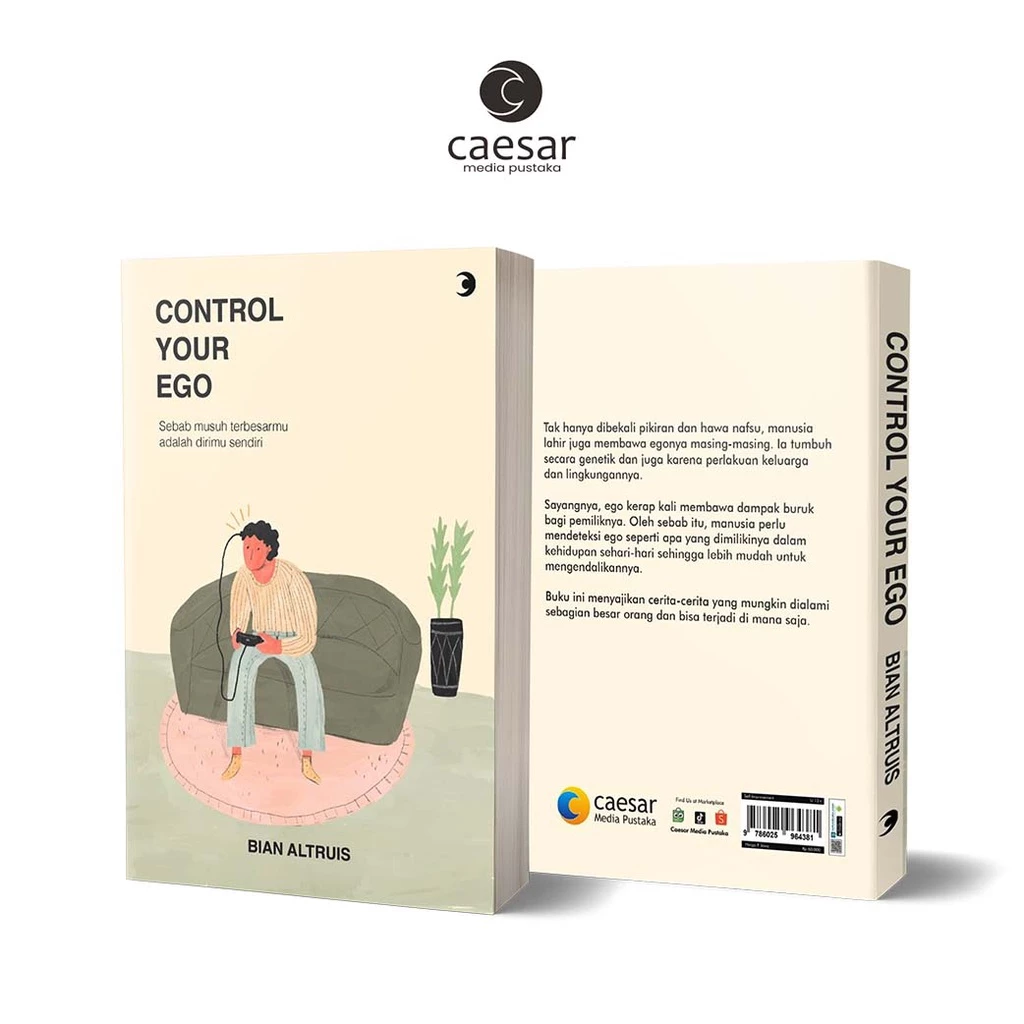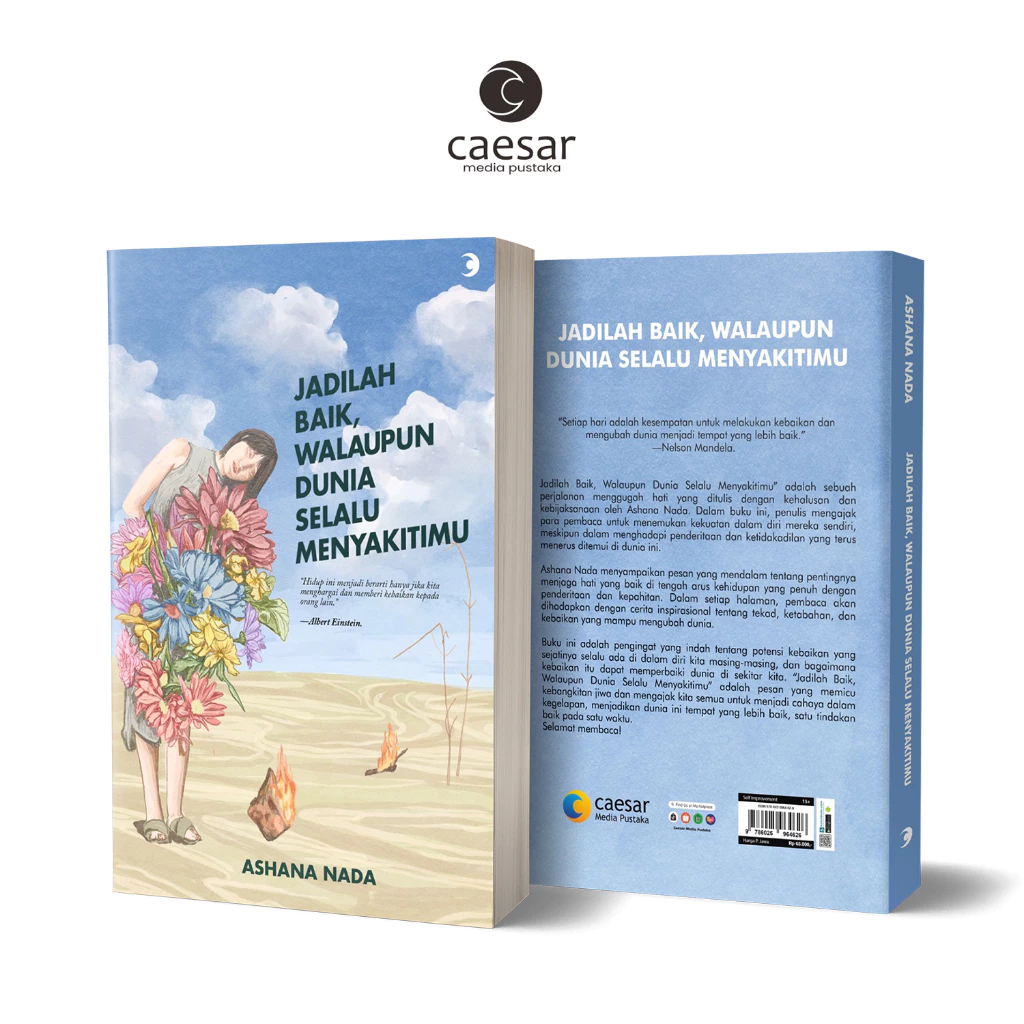Feudalism is a system that concentrates power and privileges in the hands of a select group or specific elites. These groups or elite individuals control resources and government policies, maintaining their positions through the unfair exercise of power and social status. Feudalism also has the potential to hinder economic and social development processes. This system results in underdeveloped communities with unequal access to opportunities and resources, leading to significant social and economic disparities.
In the context of Indonesia, feudalism is still prevalent in various aspects of life, such as politics, economics, and society. Feudalism significantly influences Indonesia's political system, reinforcing the power of elite groups and impeding the progress of democracy. These elite groups often hold political power and utilize their positions for personal or group gain, making it difficult for the general population to obtain equal political and economic rights. Consequently, this hinders the development of democracy in Indonesia.
Feudalistic political behavior is characterized by political views associated with practices and behaviors that tend to be authoritarian, centralized, and highly hierarchical. This essay on the Java Harmony blog will discuss the concept of feudalistic political behavior and then analyze its impact on the development of democracy in Indonesia. We will examine how behaviors and political views rooted in the feudalistic tradition contribute to the challenges and obstacles in achieving a healthy and inclusive democratic system.
Understanding Feudalistic Political Styles
Feudalistic political styles encompass a distinctive set of characteristics in the realm of politics. These characteristics often involve authoritarianism, single leadership, central dominance, and inequality. Politicians who adopt a feudalistic style tend to perceive themselves as leaders with absolute authority, exhibiting a reluctance to embrace criticism, while vigorously safeguarding a status quo that primarily benefits them.
In-depth Exploration of Feudalistic Political Styles:
- Authoritarianism: One of the defining traits of politicians with feudalistic tendencies is their proclivity towards authoritarianism. They view governance through a lens of absolute power, often making unilateral decisions without substantial input or scrutiny. This authoritarian approach can stifle democratic principles and limit the participation of the broader populace in decision-making processes.
- Single Leadership: Feudalistic politicians exhibit a penchant for singular leadership, where a central figure holds immense power and influence. This concentrated authority often leads to a lack of diversity in perspectives and decision-making, potentially hindering the development of well-rounded policies that consider the needs and interests of a broader spectrum of the population.
- Central Dominance: Central dominance is a core feature of the feudalistic style. In this context, political control is concentrated within a small circle, often characterized by a select elite group or an individual. This concentration of power can lead to nepotism and favoritism, where decisions are made to benefit the ruling elite rather than the common good.
- Inequality: Feudalistic political styles tend to perpetuate inequality within society. The policies and decisions made by such politicians often favor the privileged few, leaving the majority of the population with limited access to resources, opportunities, and political representation. This inequality can exacerbate social and economic disparities, hindering overall progress.
- Resistance to Critique: Politicians who embrace feudalistic styles often exhibit resistance to critique and opposition. They may view dissent as a challenge to their authority and can respond with authoritarian measures to suppress criticism. This resistance to open dialogue and constructive feedback can hamper the growth of a healthy and vibrant democracy.
- Implications for Democracy: The prevalence of feudalistic political styles can have profound implications for the development of democracy within a nation. Such styles can undermine the principles of democratic governance, erode trust in political institutions, and hinder the establishment of inclusive and participatory democratic systems.
In conclusion, understanding feudalistic political styles is essential for assessing the health of a political system and its potential impact on the well-being of a society. By recognizing these characteristics and their implications, we can better navigate the challenges posed by feudalistic political behaviors and work towards the promotion of democratic values, inclusivity, and equity within our political landscape.
Relevance to the Development of Democracy in Indonesia
Feudalistic political styles have significant implications for the development of democracy in Indonesia. As a nation that has embraced a democratic system, Indonesia faces several challenges stemming from feudalistic political views. Some of the impacts are as follows:
- Corruption and Inequality: Politicians with feudalistic styles tend to perpetuate structures that support inequality and corruption. They may exploit state resources and power for their personal or group interests.
- Transparency Hindered: A lack of openness to criticism and transparency can hinder accountability and citizen participation in the political process.
- Decentralization Impeded: Inequality in the political and economic structure can impede the decentralization of power and limit community involvement in local decision-making.
- Resistance to Reform 1998: Politicians with feudalistic views may insist on less democratic forms of governance, obstructing the necessary reforms that emerged in 1998 to enhance democracy.
These challenges pose a serious threat to the democratic principles Indonesia has adopted. They can undermine the trust of citizens in the political system and hinder the establishment of a truly inclusive and participatory democracy. In addressing these issues, it is crucial to promote transparency, accountability, and equitable representation to further the progress of democracy in Indonesia.
Efforts for Improvement
To advance the development of democracy in Indonesia, it is crucial to address the impacts of feudalistic political styles. This may involve initiatives to promote transparency, accountability, community empowerment, and social justice. Political reforms and robust political education are also necessary to build democratic awareness and reduce the influence of feudalistic political views. Encouraging citizen participation in political decision-making and enhancing political literacy can also help realize a stronger and more inclusive democracy.
Conclusion
In the near future, our country will once again enter the routine five-year democratic event. After reading the above article, we should be able to avoid choosing leaders in the executive branch (president and vice president) and our representatives in the legislative branch (DPR, DPRD, and DPD) with feudalistic political styles. Whether we like it or not, we must take the time to examine their track records and not rely solely on campaign promises. When it comes to selecting leaders and representatives, it should not be like choosing a cat in a bag. Seek information as broadly as possible about the candidates we want to vote for and scrutinize their digital footprint on social media and other platforms.
Feudalistic political styles can pose a serious obstacle to the development of democracy in Indonesia. Understanding their characteristics and impacts is the first step in addressing these challenges. Through political reforms, strong political education, and efforts to enhance transparency and accountability, Indonesia can strengthen the foundations of its democracy and pursue a more inclusive and sustainable development.




Posting Komentar
Silakan Meninggalkan Komentar